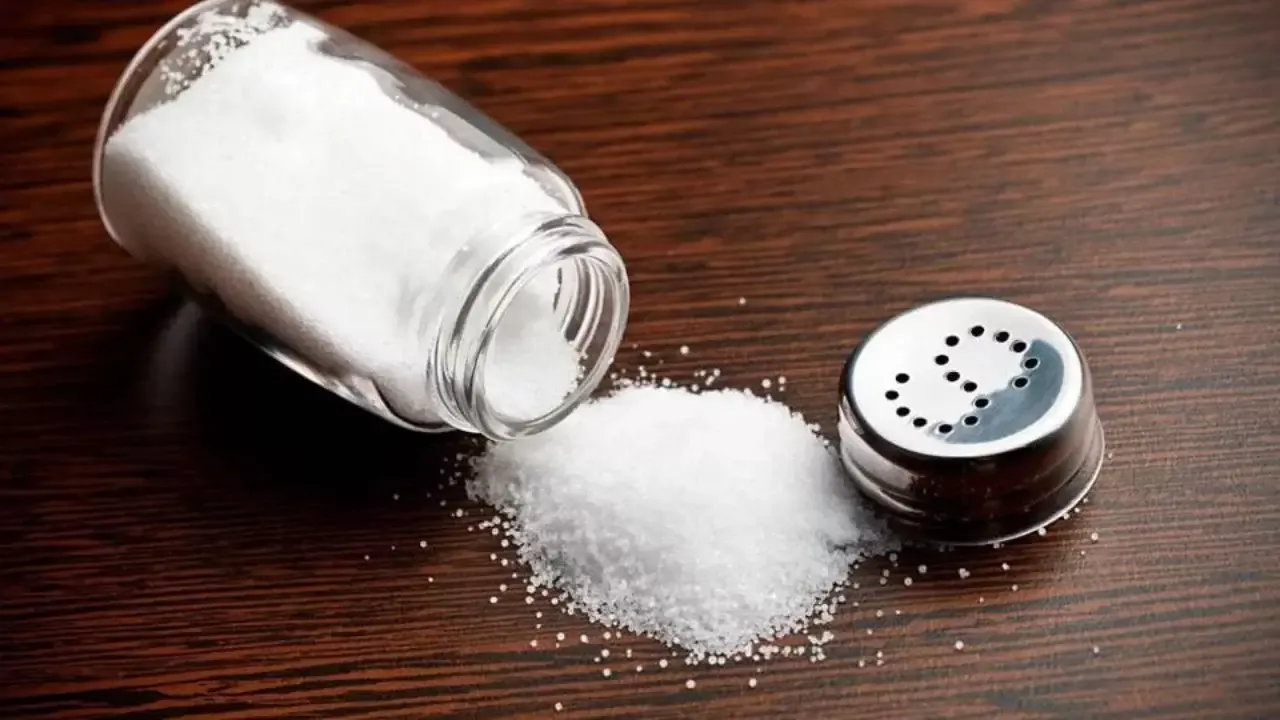Substandard cooking salt detected

According to the data from the Sanitary-Epidemiological Committee of the Republic of Uzbekistan, more than 6 tons of table salt that did not meet quality standards were identified in the first eight months of 2025. This was reported by Zamin.uz.
These salts were withdrawn from sale and sent back to the manufacturing enterprises for re-iodization. A total of 4,411 samples of table salt were tested during the current year, of which 1,306 were found not to meet the established requirements.
These samples that failed to meet quality standards were found in preschools, schools, children's institutions, as well as in trade and catering organizations. Officials emphasize that iodine deficiency poses a serious threat to public health worldwide.
According to the World Health Organization, over two billion people worldwide live in areas with iodine deficiency. Among them, 655 million suffer from endemic goiter.
As a result of iodine deficiency, the mental development of more than 43 million people has slowed down and brain function has been impaired. For this reason, many countries implement salt iodization programs.
On average, 20 to 40 grams of potassium iodate must be added per ton of table salt. This measure is aimed at improving health and preventing iodine deficiency.
The Committee has issued 31 administrative violation reports for products that did not meet quality requirements. Additionally, the activity of one enterprise has been temporarily suspended.
Officials stress the need to strengthen control over food safety, as the health of citizens is directly related to quality and clean products (source: Sanitary-Epidemiological Committee).







